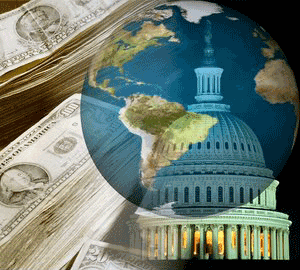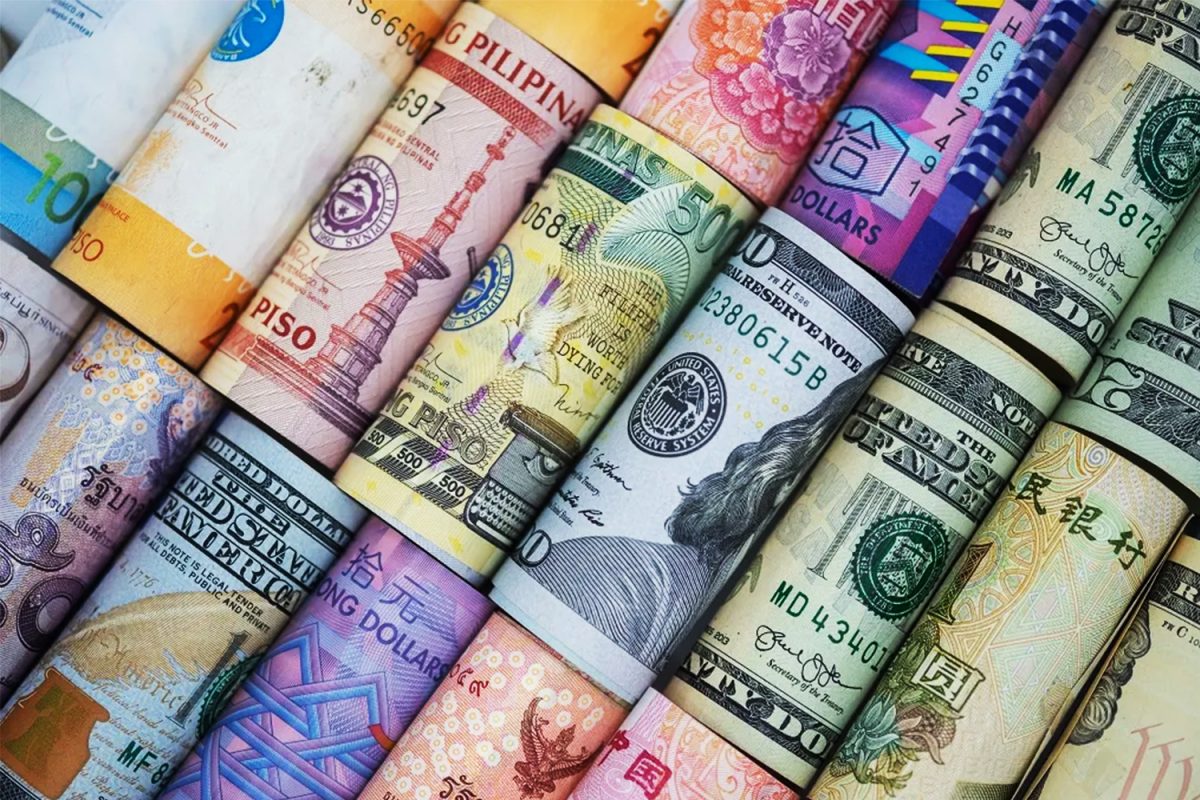By Adnan Khan
August 2013 marked the sixth year anniversary of the global economic crisis. On the anniversary, European Union officials announced the end of the recession in Europe and produced data indicating that the economy was growing again.[1] Similarly, the US also produced data showing its economy had grown over 1% in 2013.[2] Chinese officials also announced that in the year ending July 2013 their economy grew over 7%.[3] The US, China and EU account for over 50% of the global economy and their Gross Domestic Product (GDP) is being used to show that the global economic crisis, which has dominated the world for the last six years, is now finally over. Despite the publishing of these figures, there are four issues that question the narrative that the global economic crisis is over.
Firstly, the US administration has attempted to stimulate the nation’s $16 trillion economy through stimulus plans in the hope that economic growth would return. This approach led to growth which was never sustainable, because stimulus spending is a temporary measure that cannot be fuel for sustained economic growth. Despite growing in 2013, the basic economic facts reveal 12 million Americans remain unemployed, Detroit filed for bankruptcy in July 2013 along with 36 other American localities that were already officially bankrupt.[4] The growth the US officially reported was really due to the US government changing the way it measured the economy, it changed how it measured growth and for the first time included intellectual property such as music production and drug patents. The effect of this added $560 billion to the economy was a change of 3.6%. The US economy is still struggling to grow, as its citizens have cut back on their spending,[5] and thus reports that the recession has ended are artificial and exaggerated.
Secondly, the data released by European Union officials does not represent the full picture in the region. The data that was released was only an initial estimate and did not include all of Europe, leaving out struggling countries such as Ireland and Greece. What was released were merely estimates collected by Europe’s data agency – Eurostat – that relies on data provided by national statistical offices, which collect data differently and rely heavily on surveys in their initial growth estimates. These estimates are typically revised numerous times. The German statistical office notes that revisions can be made up until four years after the initial estimate as additional data is taken into account.[6] Considering the statistical flaws, it is premature to say that the situation in Europe has improved.
Thirdly, with regards to China, there have always been many questions and doubts over the data it reports about its economy. China is a sizable nation with the world’s largest population. Even assuming that reportage has been accurate, gathering information on how its economy is performing is a colossal task. China releases its annual Gross Domestic Product (GDP) numbers in the third week of January, for the year before. It is impossible for the Chinese government to know how their economy has performed for a whole year, within three weeks after the year has ended. On July 31st 2013, a survey conducted by the Finance Affairs Office of Guangdong, China’s largest province in population and industrial production, revealed its electricity consumption fell in the first five months of 2013. The survey actually pointed out how it was not possible the province could have grown 12.9%, as was officially reported.[7] At a national level, China’s GDP is smaller than all the provincial GDP numbers – the whole is in fact much smaller than the sum of its parts.
Fourthly, while measurements are often made based on GDP, in reality it is an extremely imprecise indicator of economic activity. GDP only measures certain types of economic activity which have a financial value, e.g. unpaid work and charity is not included. There is virtually no difference between a 0.1% fall in the economy and a 0.2% increase in GDP. Changes in GDP from one period to another do not in any way confirm economic activity because GDP statistics are rounded off and generalized for many sectors. GDP statistics are only useful politically because they allow governments to say that their economies are improving and to send positive messages to financial markets. They do not measure many aspects of the economy and are therefore not a good way to measure the performance of an economy.
In conclusion, after six years the underlying factors that led to the global economic crisis have not been resolved. Although the downward spiral in the global economy is slowing, the global economy itself is not improving. The US approach of stimulus spending has saved the US economy from collapse, but is a temporary way to infuse cash from a limited source that will rapidly deplete. The European approach of utilizing austerity has made matters worse, as governments are cutting spending in the middle of a recession. Statistics and data can be easily manipulated, but when metrics like unemployment, borrowing and lending, and production and wages are analysed, they are in continuous decline even when GDP is presented to show an improvement in the global economy.
[7] Interpreting the Discrepancies in China’s Statistics, Stratfor, 2nd August 2013





